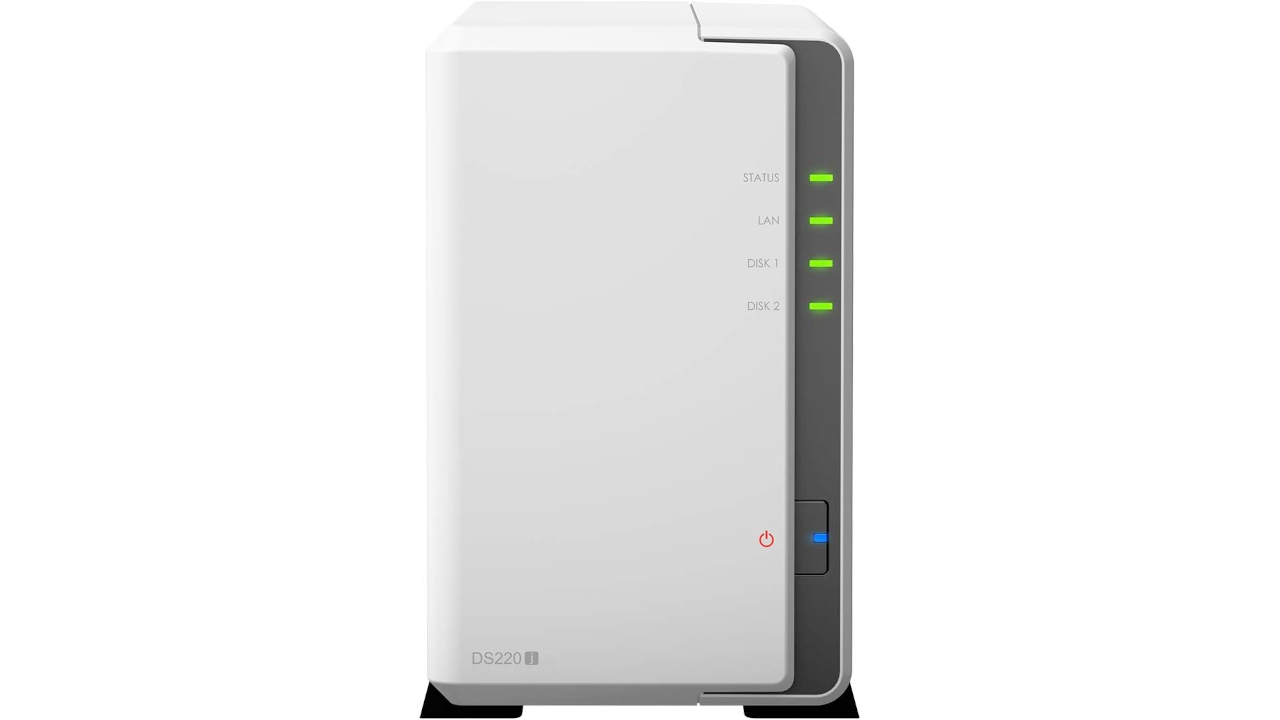
Setting Up Your Synology NAS: A Step-by-Step Guide
Are you looking to optimize your storage needs with a reliable and user-friendly NAS (Network-Attached Storage) system? Look no further! In this post, we’ll take you through the process of setting up your Synology NAS, exploring its features and capabilities.
Hardware and Software Requirements
H2. Synology NAS Model
To follow along, you’ll need a Synology NAS model with advanced data integrity features, such as Btrfs. This will allow you to compress files without losing any data, making it an excellent choice for those looking to optimize their storage needs.
H2. Operating System
The Synology NAS runs on the DiskStation Manager (DSM) operating system, which provides a user-friendly interface for managing your files and shares.
Setting Up Your NAS
H2. Initial Configuration
- Network Settings: Configure your NAS’s network settings by setting an IP address, subnet mask, gateway, and DNS server.
- Administrator User: Create an administrator user account to manage your NAS.
- Shares: Set up shares for your files and folders, allowing access from other devices on your network.
H2. File Compression
Enabling file compression can help reduce storage space and improve transfer speeds. This feature is particularly useful if you have a large collection of files or need to store data long-term.
User Permissions
H2. Administrator User Access
By default, the administrator user has read and write access to all shares. You can modify these permissions as needed for each share.
H3. Group Permissions
Synology NAS allows you to create groups and assign permissions to members of those groups. This feature is particularly useful if you have multiple users with different levels of access.
Testing Your Setup
H2. Testing File Transfer Speeds
Transfer files between your NAS and a connected device to test your file transfer speeds. This will give you an idea of how quickly data can be transferred over your network.
H3. Wi-Fi Connection
Ensure that your NAS is connected to your router via Ethernet or Wi-Fi for optimal performance.
Specifications
| Feature | Description |
|---|---|
| Synology NAS Model | DiskStation Manager (DSM) operating system, Btrfs file system support |
| Operating System | DSM 7.0.x or later |
| Processor | 2.0 GHz dual-core processor |
| Memory | 4 GB RAM |
| Storage | 8 TB hard drive |
By following these steps and exploring the features of your Synology NAS, you’ll be well on your way to optimizing your storage needs and enjoying a seamless user experience. Happy computing! 🚀 Buy on Amazon